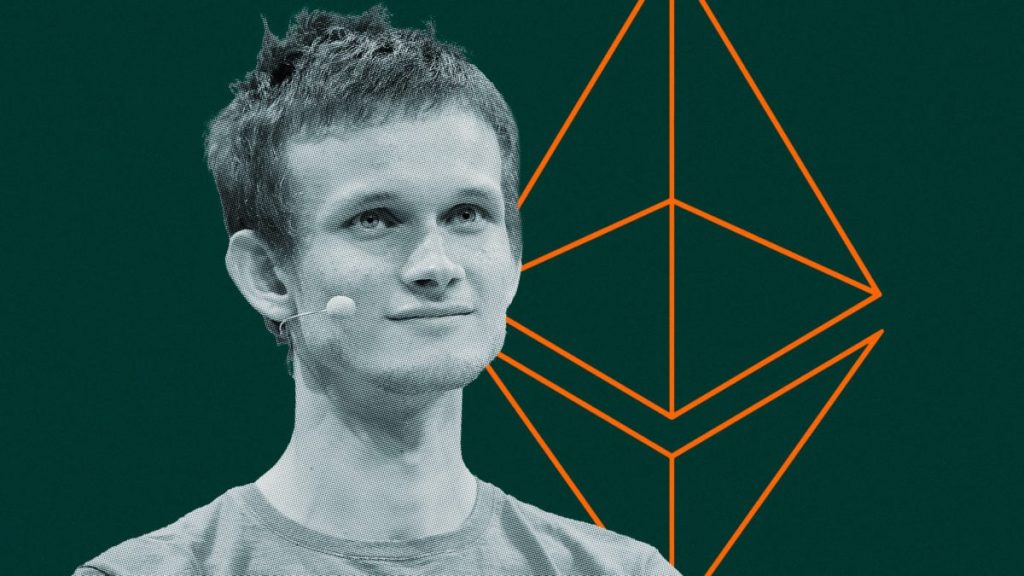Ethereum co-founder Vitalik Buterin has debuted a new tool for online voting under anonymity. Designed by Kyiv-based Rarimo, this instrument is titled “Freedom Tool.”
It lets Russian people demonstrate their citizenship and vote online without disclosing their identities by means of zero-knowledge proof technologies. This technology produces anonymous and censor-resistant voting by making the vote results safe and public.
hosts Ryan on a podcast. David Hoffman and Sean Adams discussed the benefits of authoritarian governments nowadays. They talked about how the US stays more hands-off while China and Russia spend heavily on advancing their narratives.
Smith and Buterin on Authoritarianism and Democracy
Views on whether authoritarianism might surpass liberal democracies were offered by economists Noah Smith and Vitalik Buterin. Based on Francis Fukuyama’s “The End of History” theory, Smith contended that toward the end of the 20th century, liberal democracy was considered the ideal social form.
Recent incidents, however, have called for a different perspective. Central to this transformation are China’s ascent, US shortcomings, and the influence of the internet.
Liberal democracies, Smith said, excel at compiling data via public discussion, elections, and markets. The ability of the internet to centralize data, however, could lessen this benefit.
As evidenced by China’s rapid policy adjustments following the 2022 “white paper protests,” authoritarian governments can now use this data to evaluate public opinion, distribute resources better, and react swiftly to disturbances.
Additionally, readily disseminated false material on the internet complicates liberal democratic government. Politicians devote a lot of time to refuting misleading notions and generating money, therefore compromising good government.
Buterin contrasted the knowledge state with Thomas Hobbes’ conception of a “war of all against all,” whereby monopolistic narrative control could be the only steady result. This illustrates how authoritarian governments could leverage the data aggregation of the internet to bolster centralized control.
“Twitter is the worst of it that you see, and it’s the worst of it precisely because you can see it right if you think about private group chats, for example. Private group chats consistently maintain higher levels of quality and high levels of productive discourse on smaller social media platforms, whether it’s Farcaster or whatever else they maintain higher levels of discourse.”
Smith and Buterin next turned to consider counterarguments. Smith likened the internet to the printing press, which cut information costs and resulted in more liberalism and social disintegration than totalitarian control. He asked why the internet would not travel the same road.
Smith said that things are different today. Originally helping liberal democracies by enhancing information collection, technologies like the printing press and telegraph contributed to lower information costs. But although misinformation costs surged rapidly, benefits leveled off as these costs reached zero.
Buterin pointed out that in zero-sum conflicts, centralized systems may shine in extraction rather than production, hence perhaps outcompeting more liberal systems. Defining success exclusively in terms of economic performance, he suggested, could ignore more general effects on human development.
While blockchain might not be necessary for Americans to communicate, the Ethereum developer admitted that it could be vital for those living in authoritarian governments to hold safe and private talks regarding their political circumstances.
You can also freely share your thoughts and comments about the topic in the comment section. Additionally, don’t forget to follow us on our Telegram, YouTube, and Twitter channels for the latest news and updates.


